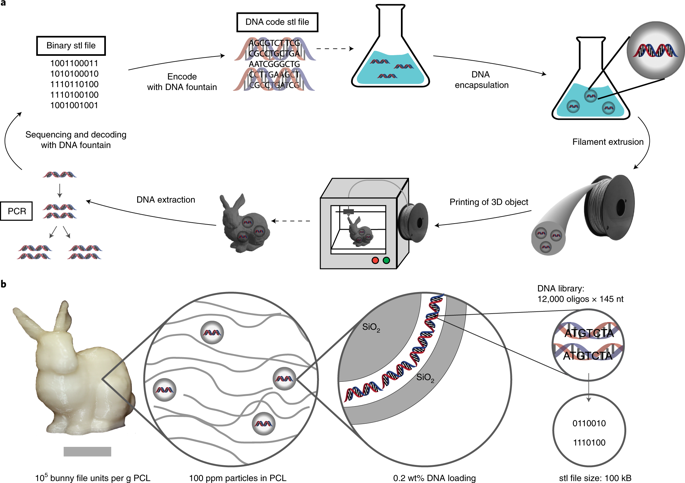Can Better Biotech Finally Replace Lab Animals?
Replacing research animals with tools that better mimic human biology could improve medicine.
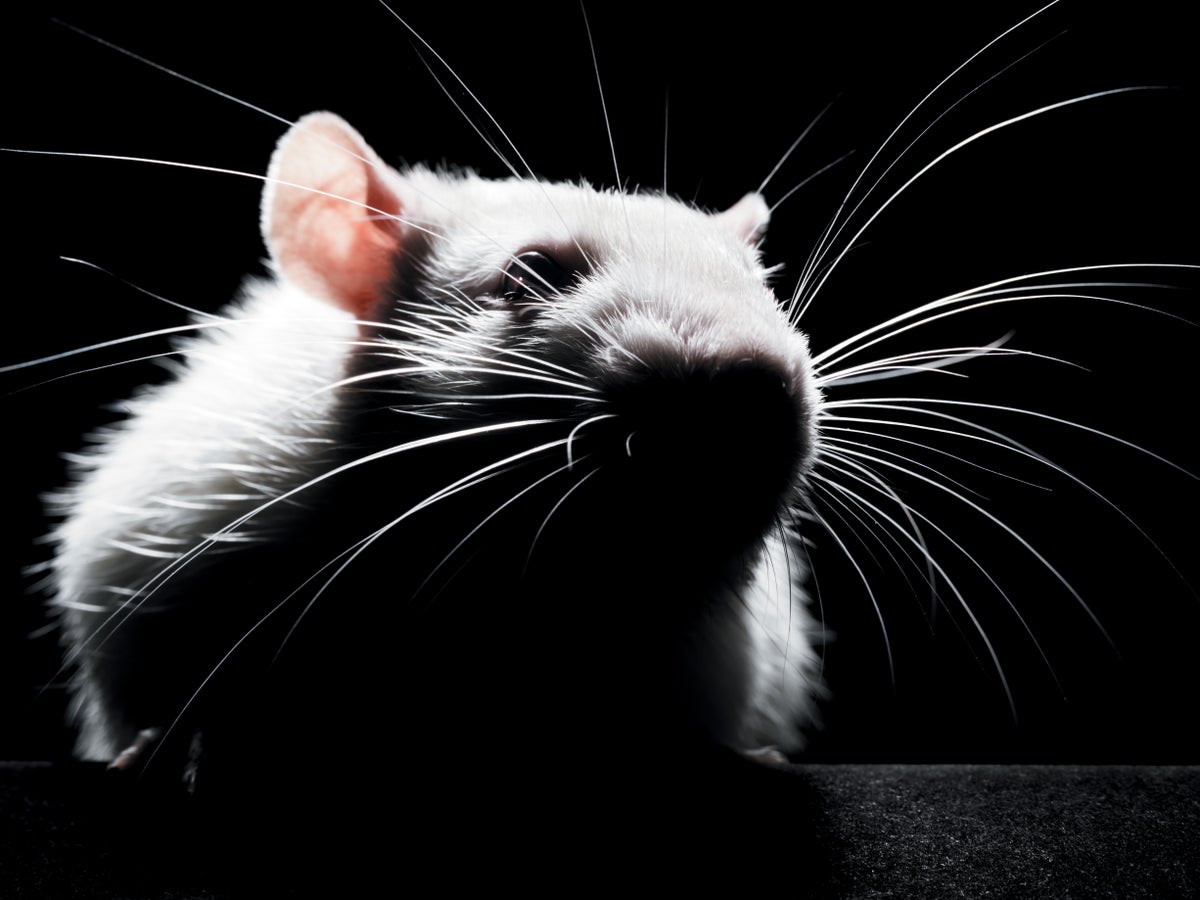
Send us a link
Replacing research animals with tools that better mimic human biology could improve medicine.

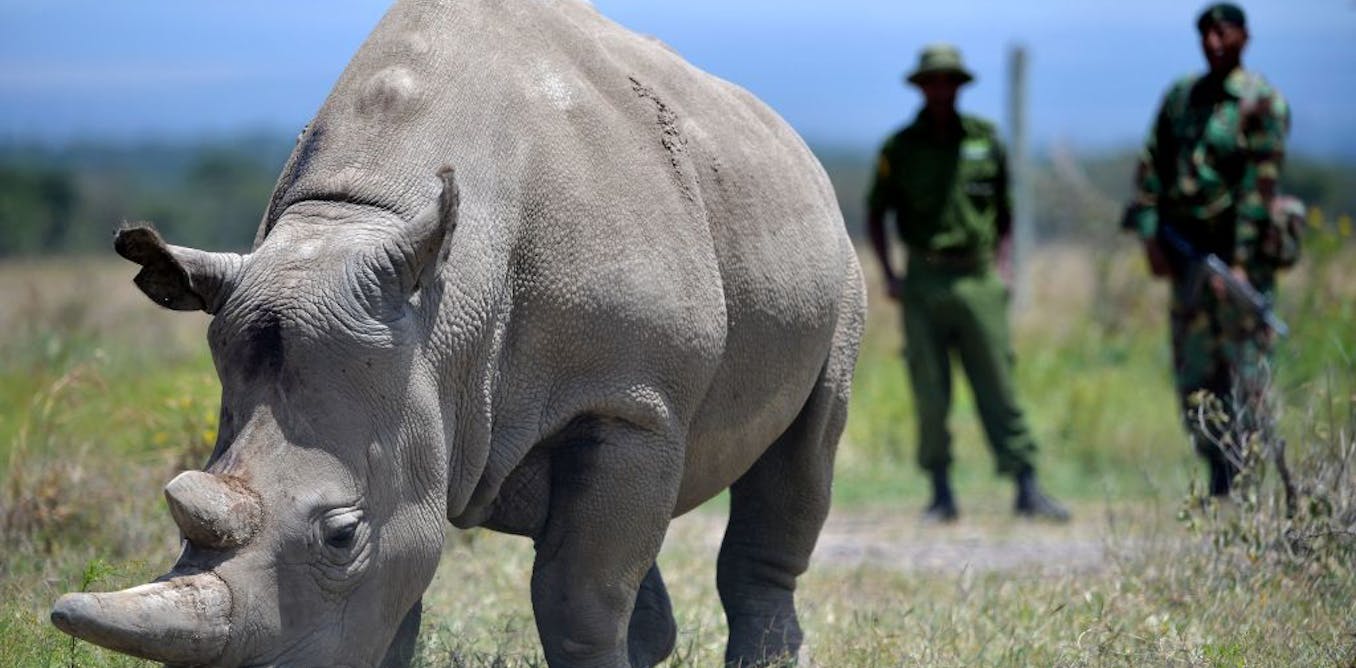
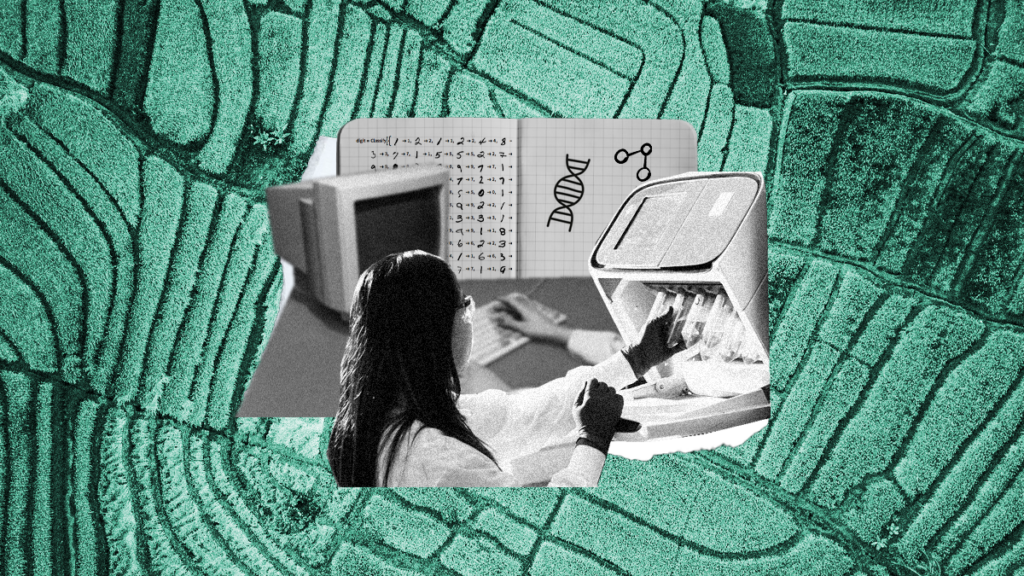
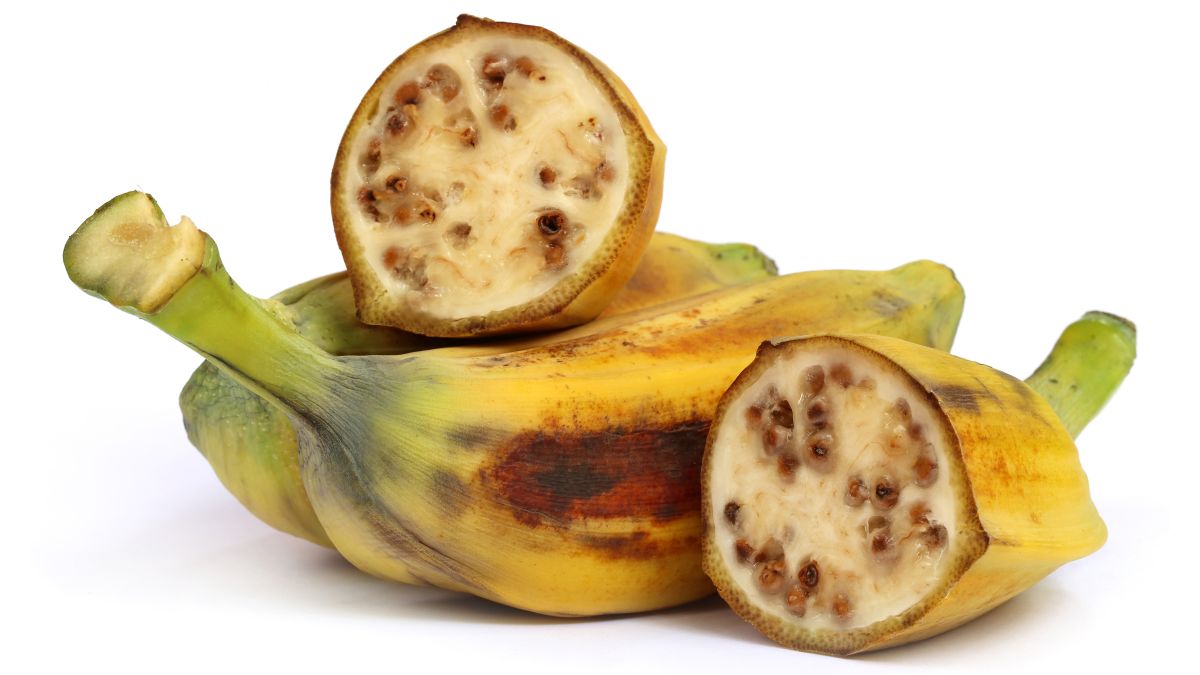
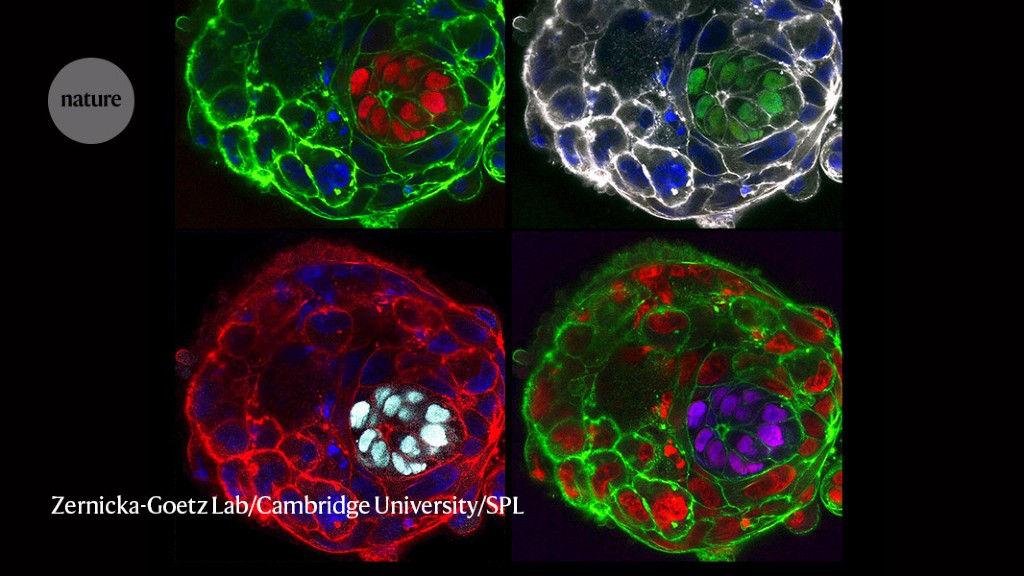
A new global organisation is trying to prevent dramatic advances in bioscience from unleashing engineered pathogens from the lab, and wants research funders, scientists and journals to help. The International Biosecurity and Biosafety Initiative for Science (IBBIS) warns that scientists might be able to order the DNA of dangerous pathogens like smallpox from unregulated companies, and wants much tighter screening of the industry.
A device successfully and reversibly blocked pain signals without side effects.
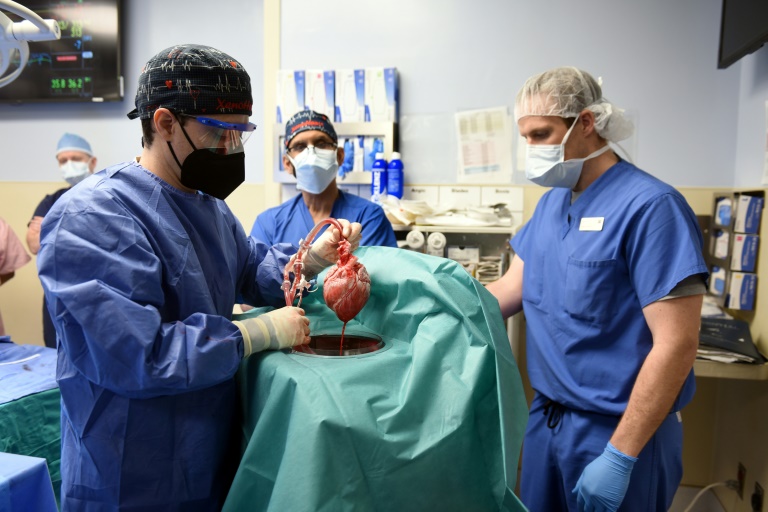
Theranos case highlights the importance of peer review for biotech entrepreneurs, scientists say.

A professor at the University of Copenhagen conducted genetic research with the Chinese military without disclosing the connection. This ist the latest example of how China's pursuit of military-civilian technology is tapping into Western academia in the strategically sensitive area of biotechnology.

The machine learning outfit's foray into pharmaceuticals could be very useful, but its grand claims should be taken with a pinch of salt.

The government's decision to ease requirements will lower the cost of field trials, but does not yet address the path to market.

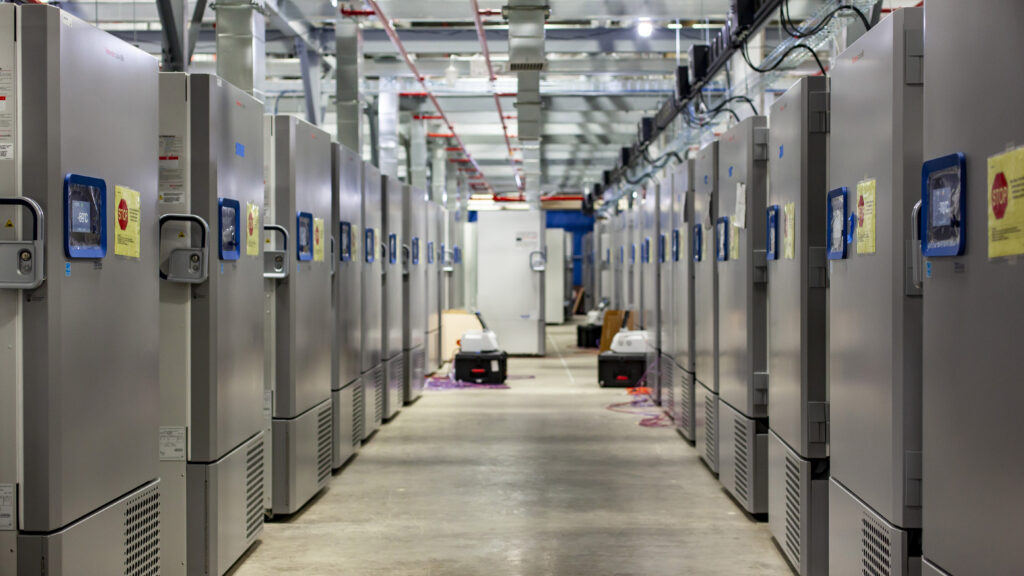
Scientists have dreamed about the possibilities of custom-made messenger RNA. The pandemic may turn those possibilities into realilty.
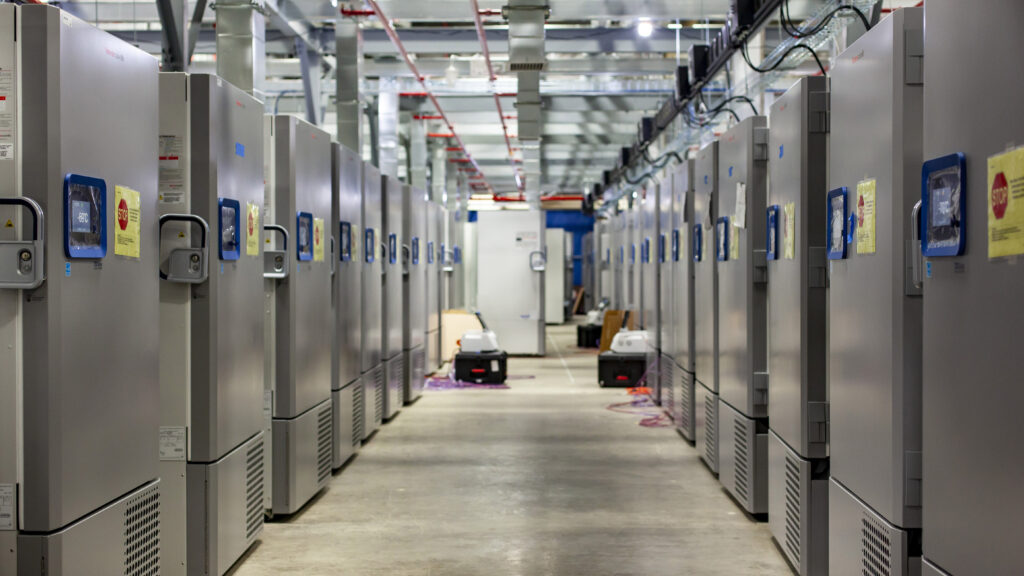
When India’s 1.3 billion people come out of a 40-day lockdown on 3 May, imposed to contain the spread of COVID-19, they can hope that a battery of technologies that the government is readying to deploy against the contagious virus could offer them some protection.
A DNA-based method for embedding data in materials enables the conversion of everyday objects into data storage devices.
